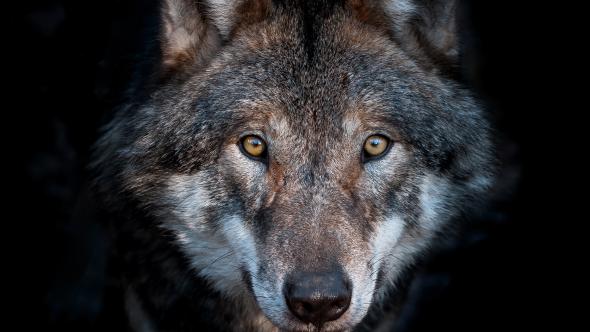Developed by third-year History bachelor students, the exhibition is held as part of the Projet culturel course. Under the direction of Professor Isabelle Parmentier, it is the fruit of two collaborations.
In fact, the history students benefited from the expertise of Julie Duchêne, FRESH/FNRS doctoral student at PolleN and UNamur's ILEE Institute. Through innovative, interdisciplinary research, she decided to examine the history of the wolf in Wallonia in the 18th and 19th centuries. As the project's scientific curator, Julie Duchêne is contributing the historical, paleogenetic and ethological aspects to build the exhibition.
In addition, the "Histoire(s) du grand méchant loup" podcasts by history researcher Céline Rase served as a starting point for the construction of the exhibition's red thread. As an additional source, the podcasts brought a narrative dimension to the exhibition and offered a perspective on the evolution of the image of the wolf in history over time.
By combining Julie Duchêne's scientific data with Céline Rase's evocative narratives, the students have created a project that is both instructive and cultural. The exhibition is designed for all audiences. Guided tours led by the students will be offered to schools, providing an educational experience for younger generations.
